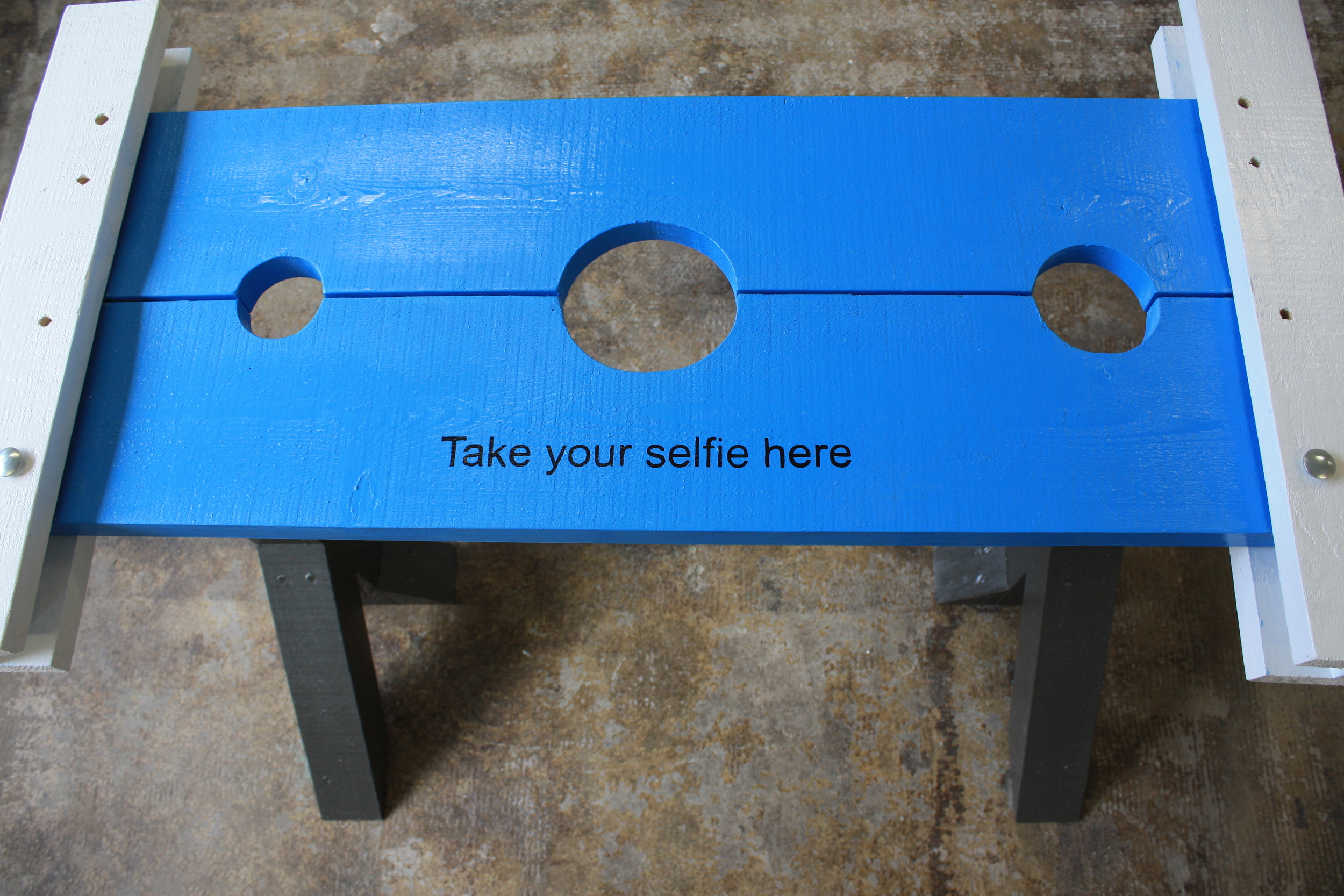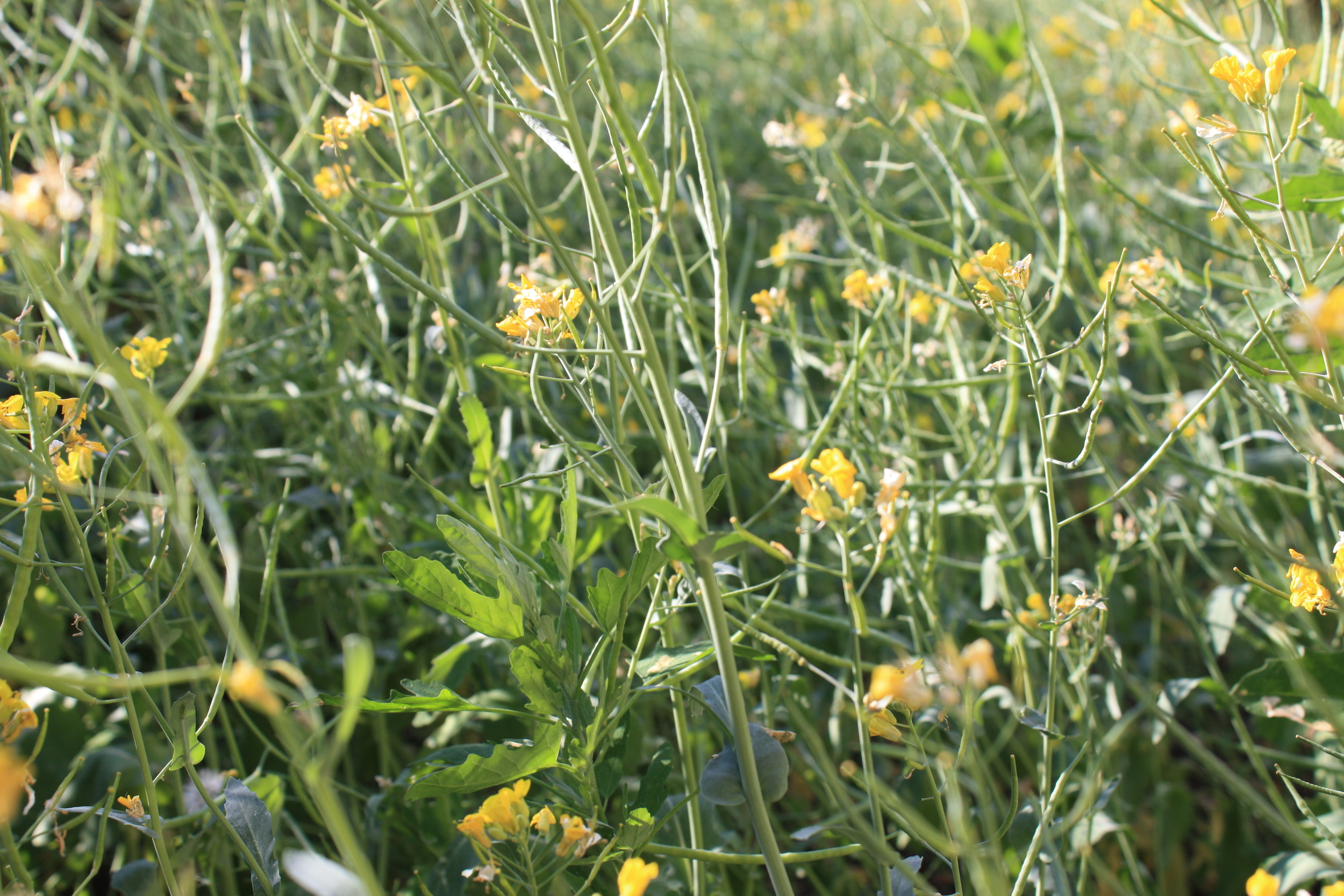'Monoculture' is derived from an agricultural term that identifies the industrial farming of a large scale single crop.
Challenger joined Facebook in 2011 in order to administer the page for 400 Women set up by a curator. Having to engage intimately with the social media for the first time, she started to notice the prevalence of the 'same' self-portrait, particularly, but not exclusively, taken up by young women. These ‘selfie’ avatars were disturbing for their emulation of a certain submissive ‘beauty’ and their proliferation across social networking technologies. Some scientific forecasting of physiognomy suggests that we are, knowingly or unknowingly, highly influenced by the 'digital face' and will use medical intervention to attain it. Contemporaneously, Oil Seed Rape is farmed on a large scale due to its high yield using the pesticide linked to the so-called Colony Collapse Disorder (CCD) which can decimate sections of the eco-system.
Paradoxically, one of her aims with '400 Women' was to re-personalise the murdered girls whose images were so difficult to distinguish from a missing poster/postcard whilst with her new work 'Monoculture' she observed self portraits being made that erased features deliberately to attain a 'look'. She sees this as widespread 'cultural blanching'.
During her residence at Beaconsfield BAW (Vauxhall, London) under the curatorial direction of David Crawforth and Naomi Siderfin, from Jun 2012 – Feb 2013, she began to explore the 'selfie' portrait and cultural homogeneity in a new project she coined Monoculture. Her investigations resulted in another large scale installation in which a small underground farm was incorporated where she grew her own 'cash' crop of oil seed rape with nothing but artificial light and warmth.
In Feb 2013 the Monoculture show was launched and comprised video, the 'farm', embroidered skins, the 'Mono-portrait' photo-booth and new sculptural works that explored the relationship between social media, sexuality and self-representation. Challenger notes that mass objectification of the self draws a parallel with the agricultural practice of cultivating a single cash crop and asks her audience to join her in questioning the level of control being wielded by a supposedly 'free' environment like the internet.
The work was recommended by the Contemporary Art Society in April 2013.
Subsequently, Monoculture has been shown as part of the Edinburgh Art Festival 2014, where it was described by the New Scientist as "mesmerising and horrifying in equal measure" .
"Brill" Mary Beard (classicist) commenting on the sculpture 'Love-Byte' via Twitter.











